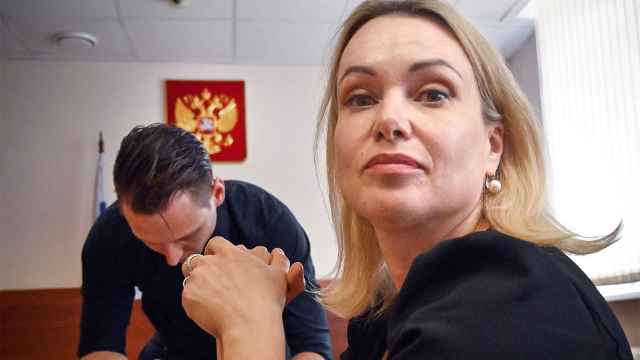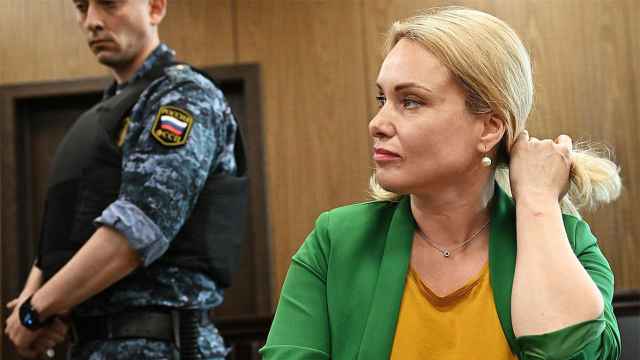The firing of two veteran reporters from Russia’s Kommersant business daily is “an obvious clampdown on freedom of speech in Russia,” more than 200 employees of the company have said in an online statement.
On Monday, 11 Kommersant journalists said they were resigning from the publication after two of their colleagues were reportedly fired for writing an article about a possible reshuffle among President Vladimir Putin's close allies. The media scandal spilled light on the tensions between publishers and journalists in Russia's closely controlled media landscape, which is dominated by pro-Kremlin state outlets.
In the open letter published on Facebook Monday, at least 203 Kommersant employees called the firing of their colleagues, Ivan Safronov and Maxim Ivanov, “an example of direct pressure against journalists.”
Safonov and Ivanov were reportedly dismissed Monday for an article they wrote, published on April 17, that cited unnamed sources in saying that Valentina Matviyenko, the speaker of Russia’s upper house of parliament, could be replaced by Sergei Naryshkin, the head of the SVR Foreign Intelligence Service, in the coming months.
Safronov and Ivanov wrote in separate Facebook posts that they were dismissed for reporting on the Russian senate leader’s rumored resignation by Kommersant’s owner, Kremlin-aligned billionaire Alisher Usmanov.
A spokesman for Usmanov denied the reports, saying that the businessman had played no role in the dismissal of the journalists.
“Kommersant’s shareholder does not interfere in the editorial policy of the newspaper, and furthermore, is not involved in decisions on the dismissal or hiring of journalists. In the case of the two Kommersant journalists, Alisher Usmanov played no role and found out about their dismissal from media reports," the spokesperson said.
Kommersant's editor-in-chief Vladimir Zhelonkin was earlier cited as saying that the journalists were let go "because the editorial standards of Kommersant were violated while writing the article."
Reuters contributed reporting to this article.
A Message from The Moscow Times:
Dear readers,
We are facing unprecedented challenges. Russia's Prosecutor General's Office has designated The Moscow Times as an "undesirable" organization, criminalizing our work and putting our staff at risk of prosecution. This follows our earlier unjust labeling as a "foreign agent."
These actions are direct attempts to silence independent journalism in Russia. The authorities claim our work "discredits the decisions of the Russian leadership." We see things differently: we strive to provide accurate, unbiased reporting on Russia.
We, the journalists of The Moscow Times, refuse to be silenced. But to continue our work, we need your help.
Your support, no matter how small, makes a world of difference. If you can, please support us monthly starting from just $2. It's quick to set up, and every contribution makes a significant impact.
By supporting The Moscow Times, you're defending open, independent journalism in the face of repression. Thank you for standing with us.
Remind me later.






